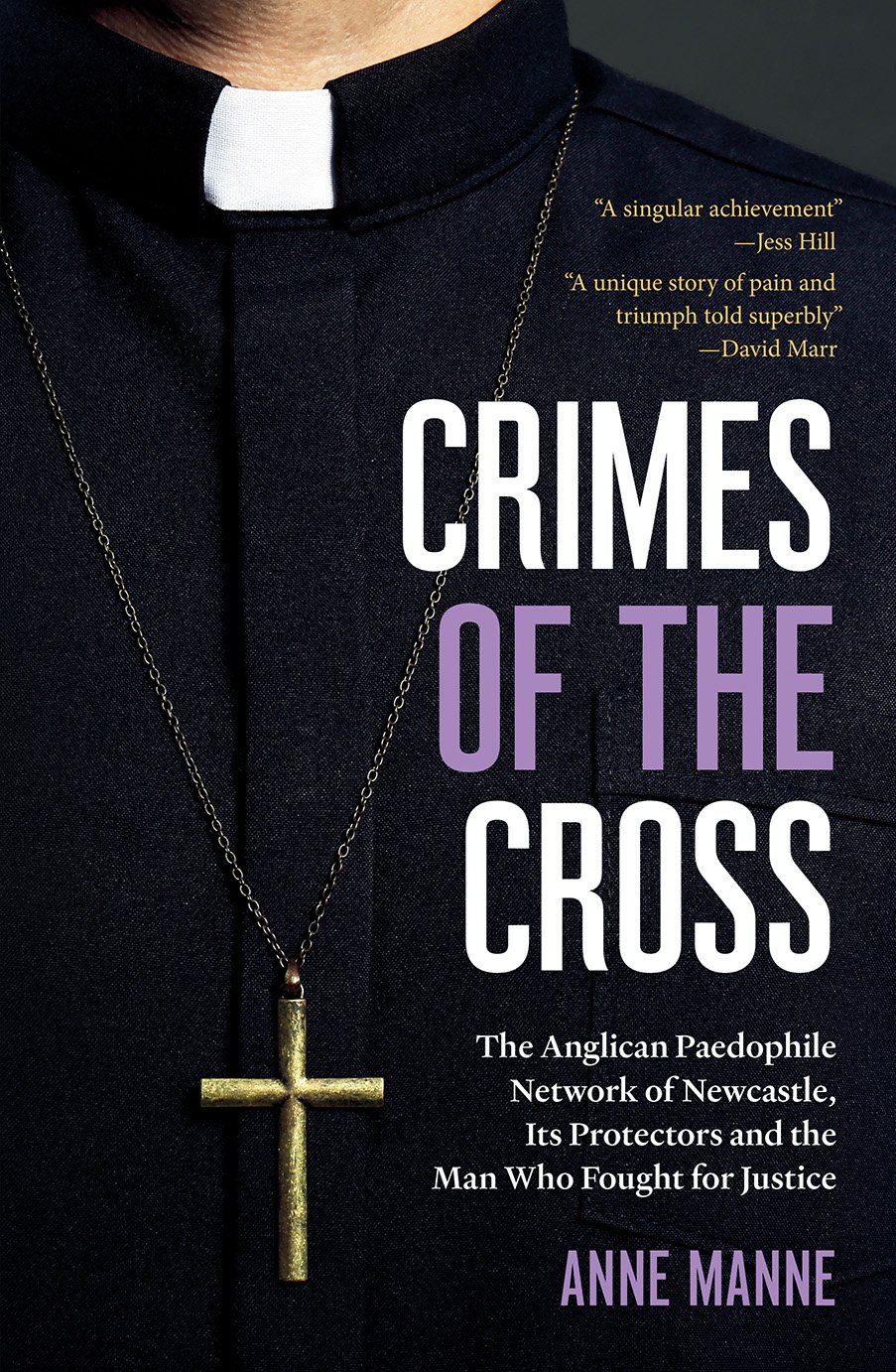Anne Manne
Film | Theatre | Art | Opera | Music | Television | Festivals
Welcome to ABR Arts, home to some of Australia's best arts journalism. We review film, theatre, opera, music, television, art exhibitions – and more. To read ABR Arts articles in full, subscribe to ABR or take out an ABR Arts subscription. Both packages give full access to our arts reviews the moment they are published online and to our extensive arts archive.
Meanwhile, the ABR Arts e-newsletter, published every second Tuesday, will keep you up-to-date as to our recent arts reviews.
Recent reviews
In this week’s ABR Podcast, Scott Stephens reviews a book by Anne Manne: Crimes of the Crimes of the Cross: The Anglican paedophile network of Newcastle, its protectors and the man who fought for justice. Why is narcissism a central theme for a book about child sexual abuse? Stephens writes: ‘without the capacity or willingness to be attentive to the humanity of another person’, unfathomable cruelty becomes possible. Scott Stephens is the ABC’s Religion & Ethics online editor and the co-host, with Waleed Aly, of The Minefield on ABC Radio National. Listen to Scott Stephens’s ‘Soul blindness: Clerical narcissism and unfathomable cruelty’, published in the May issue of ABR.
... (read more)





